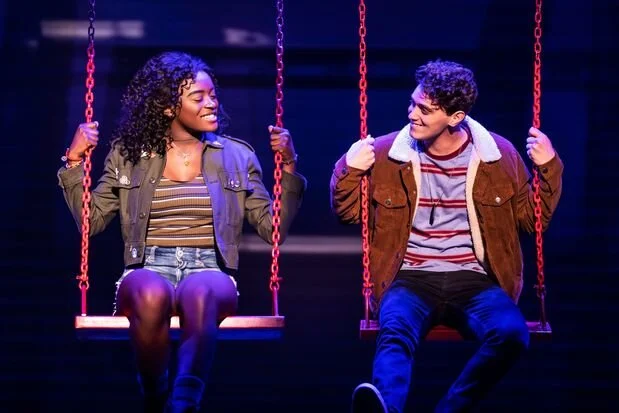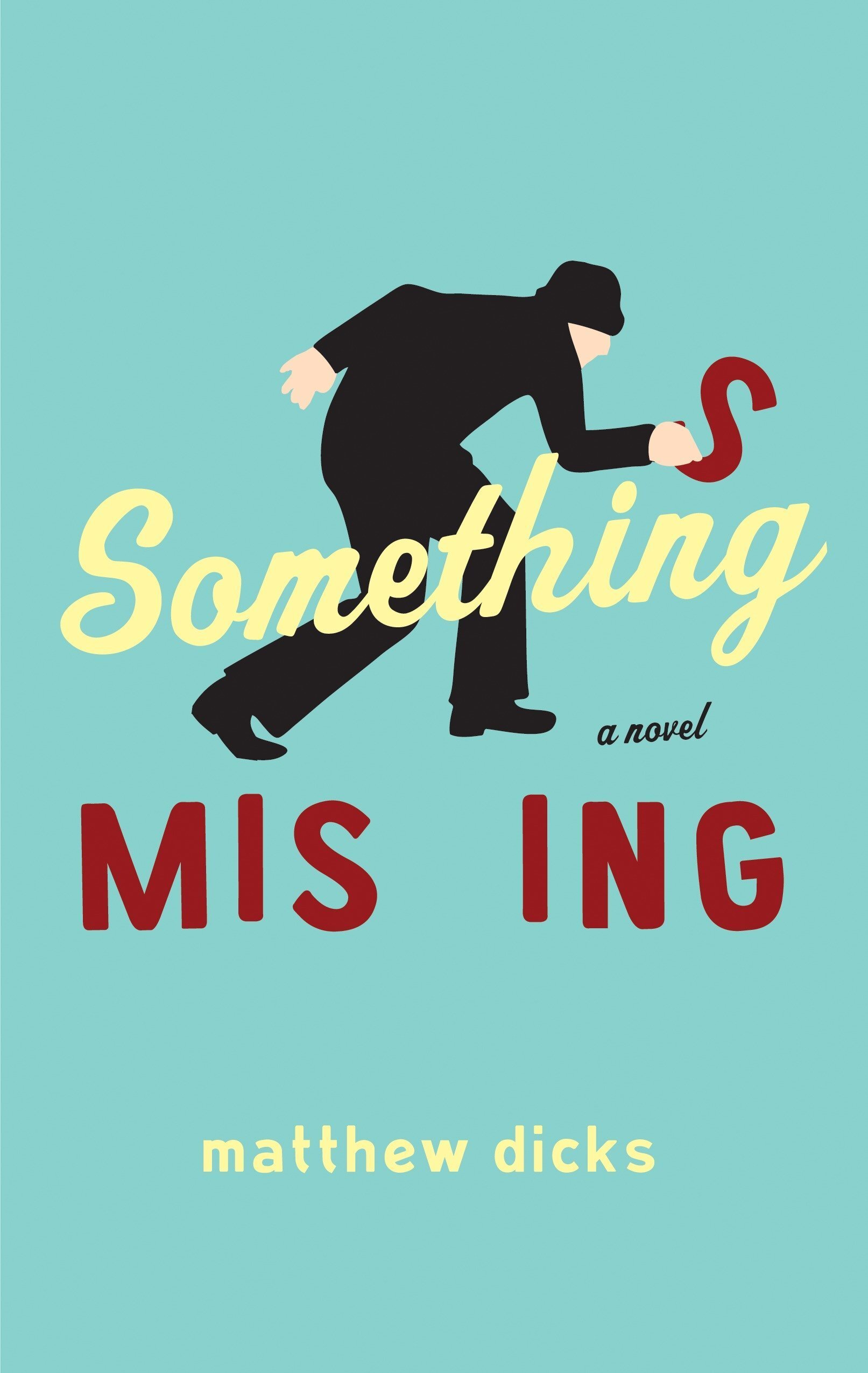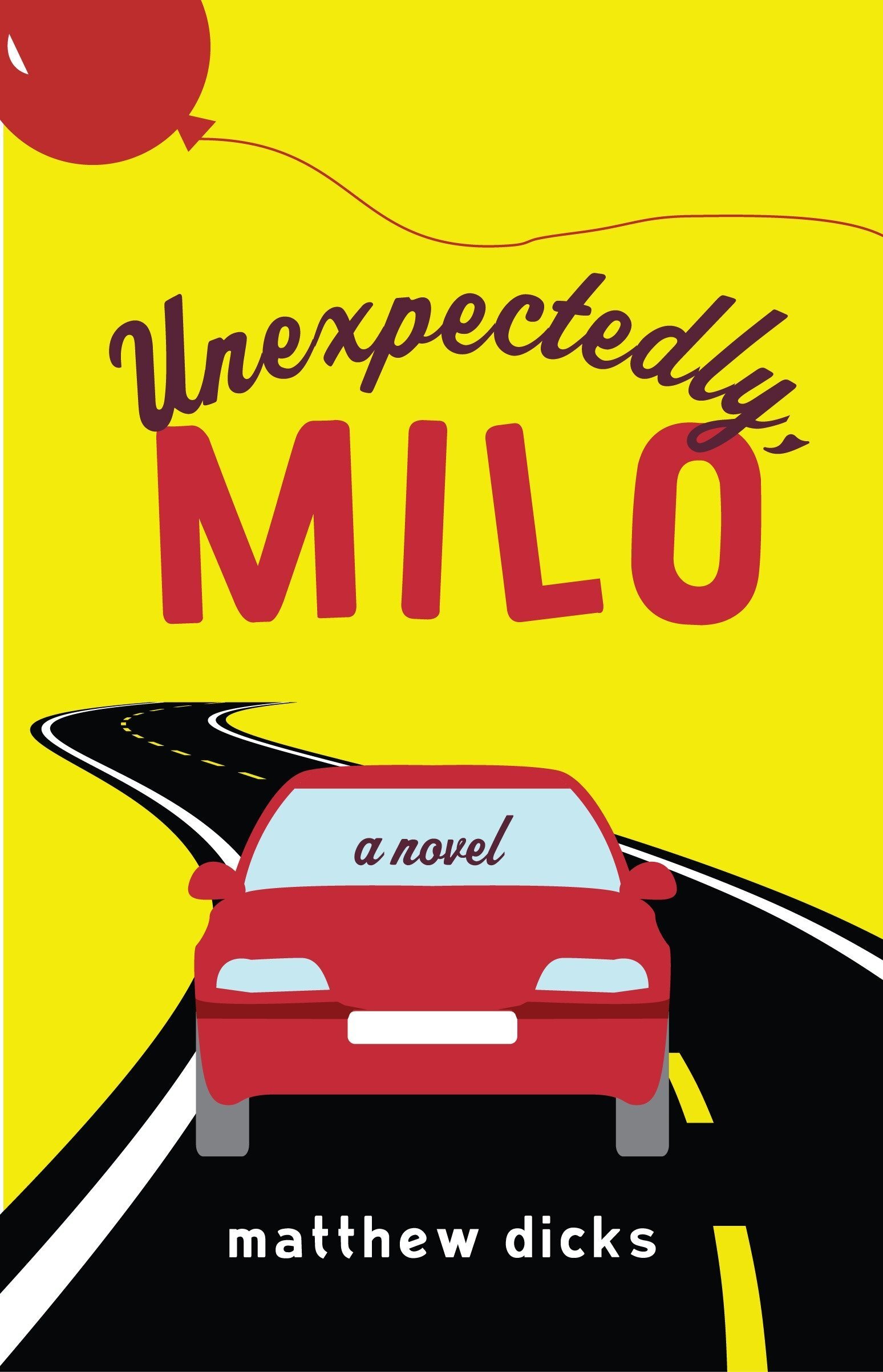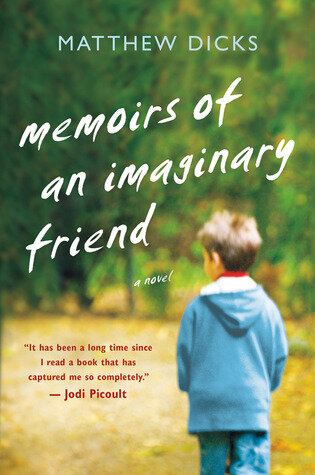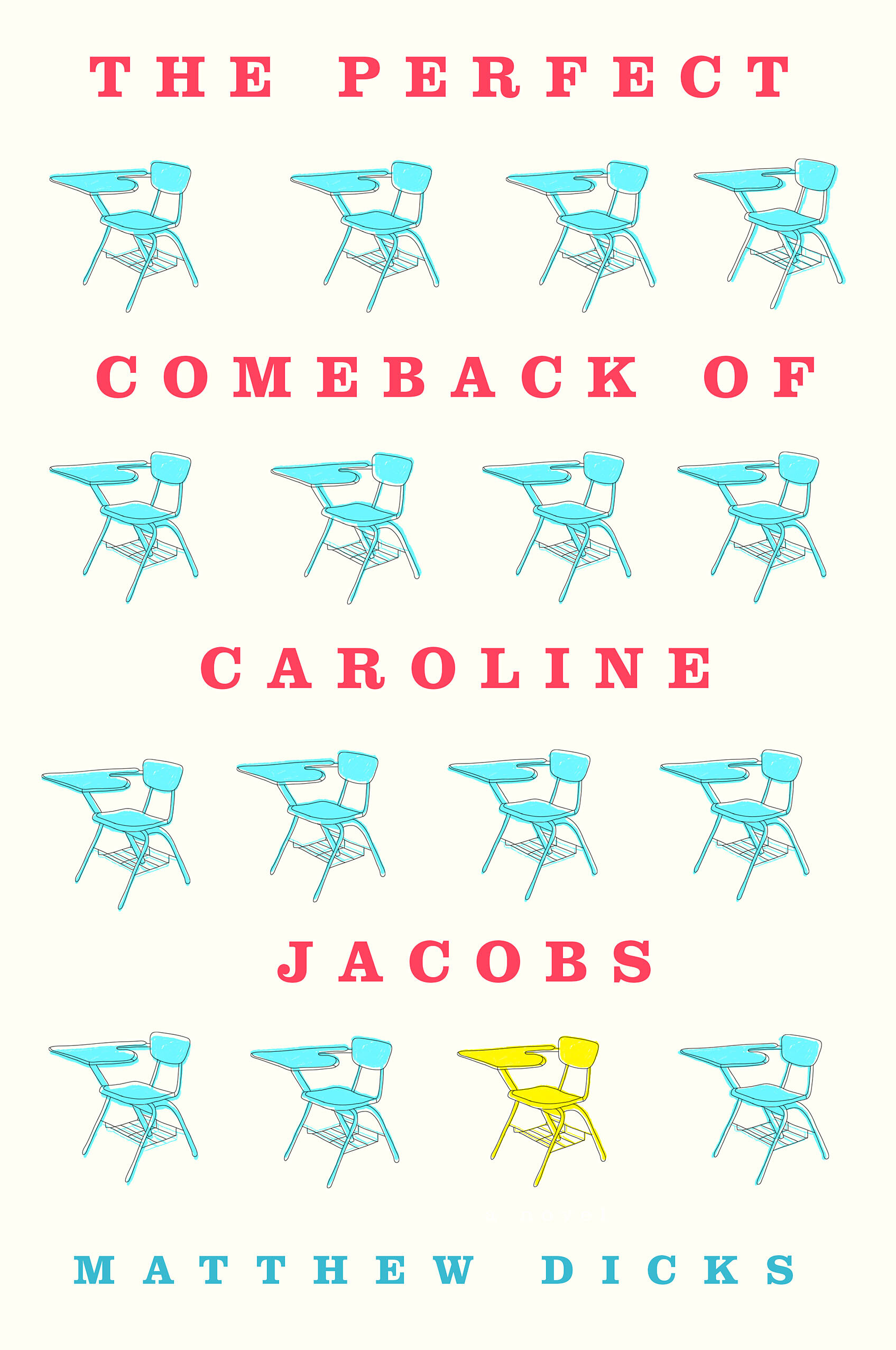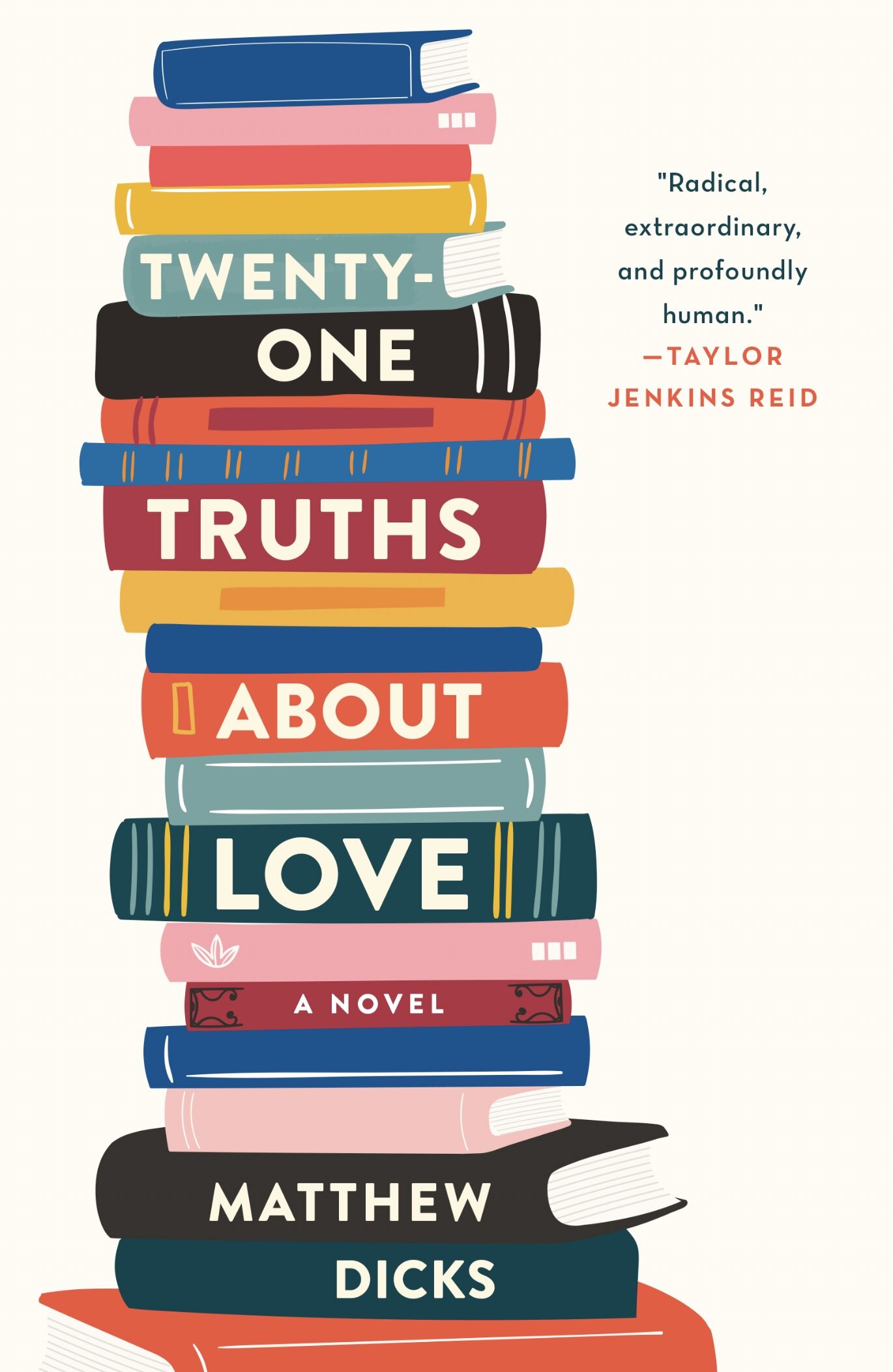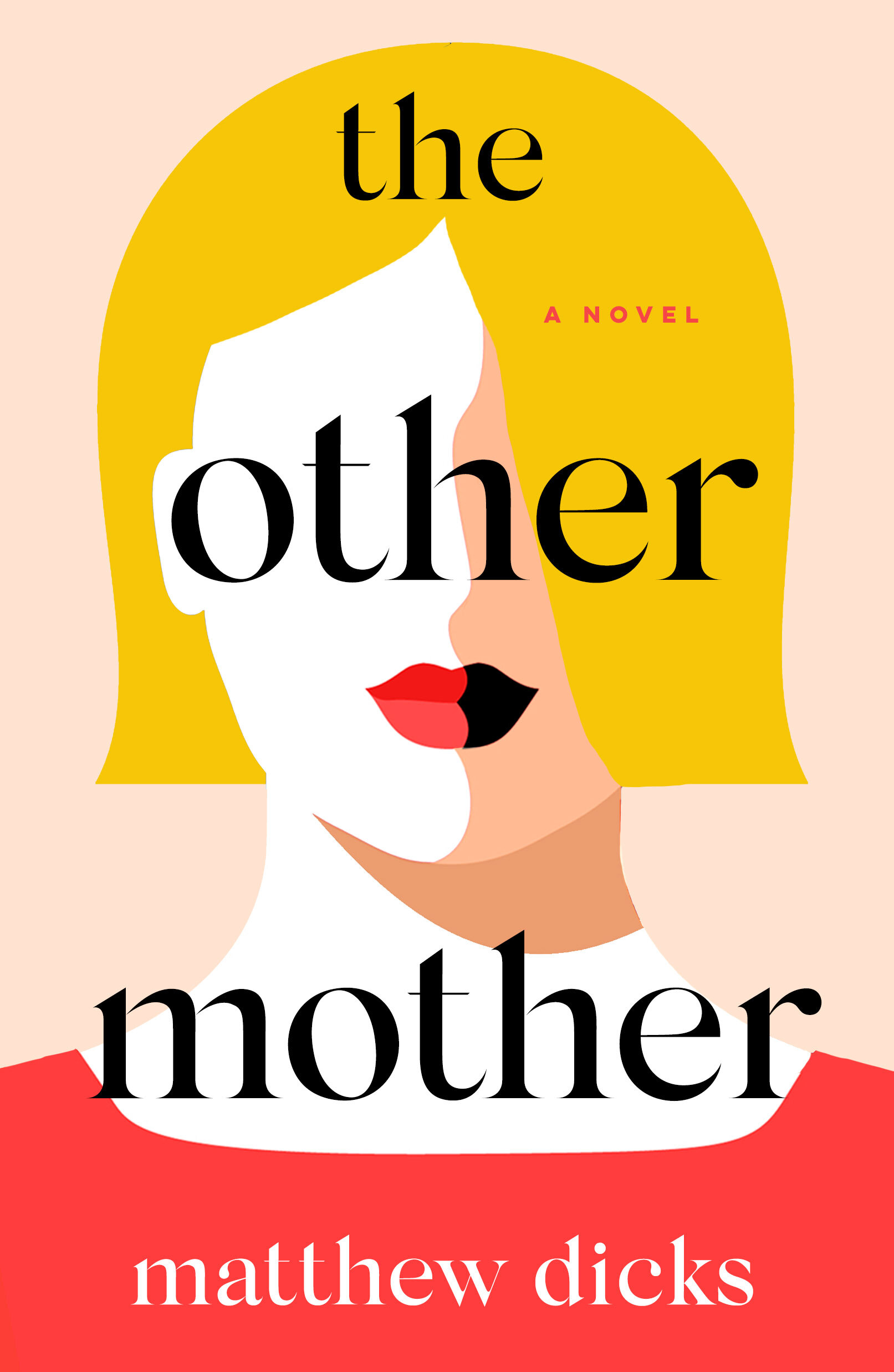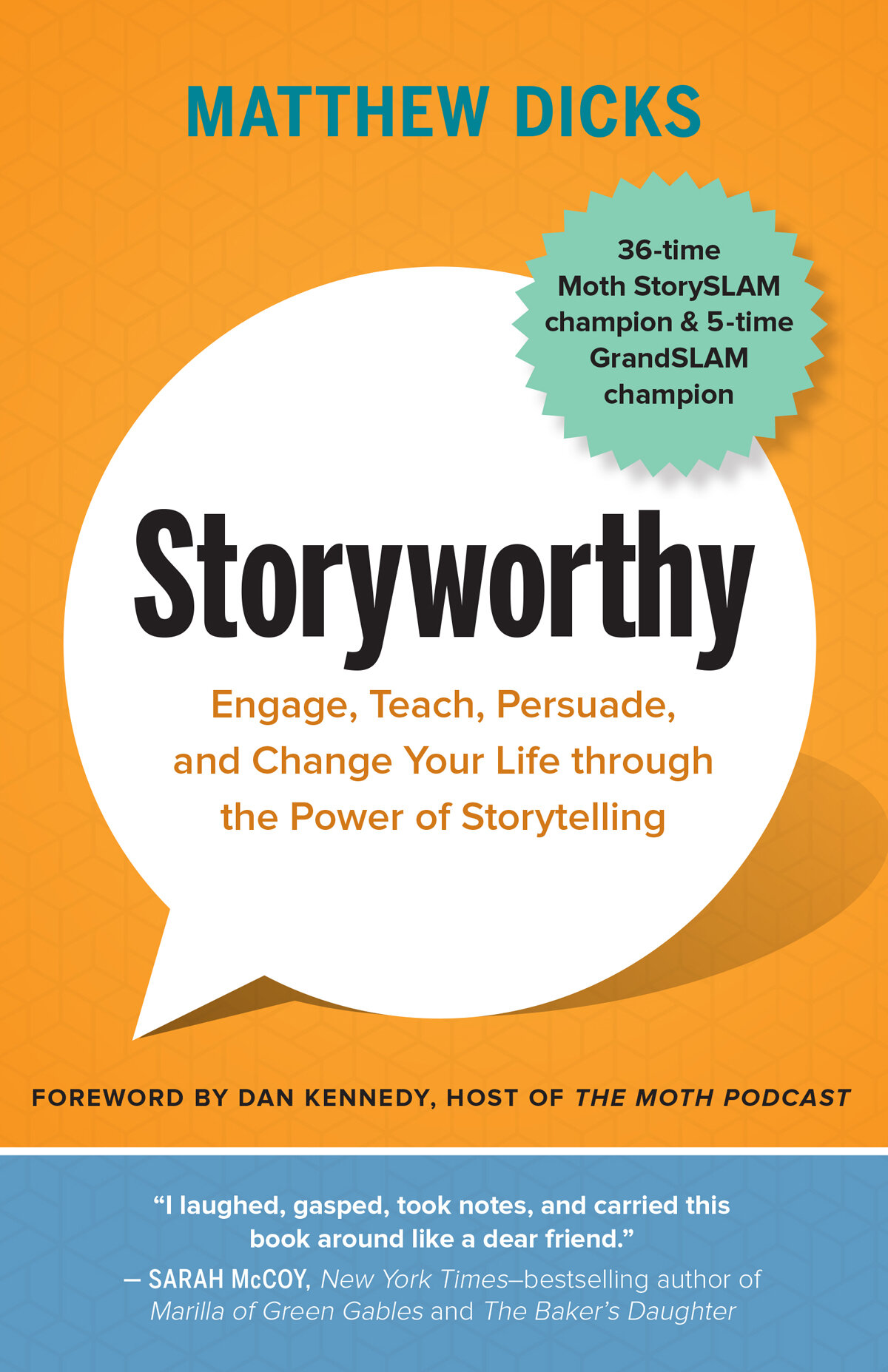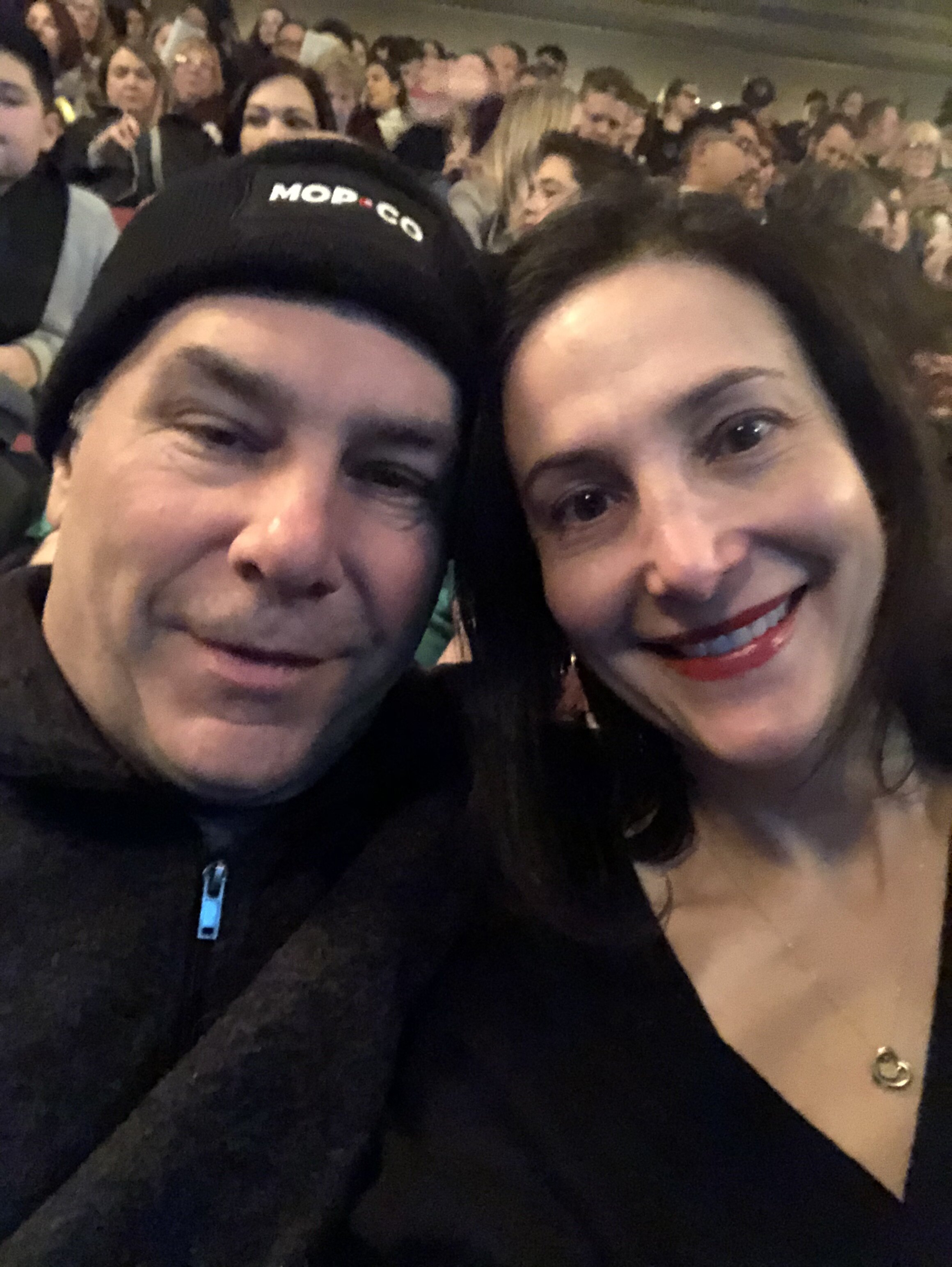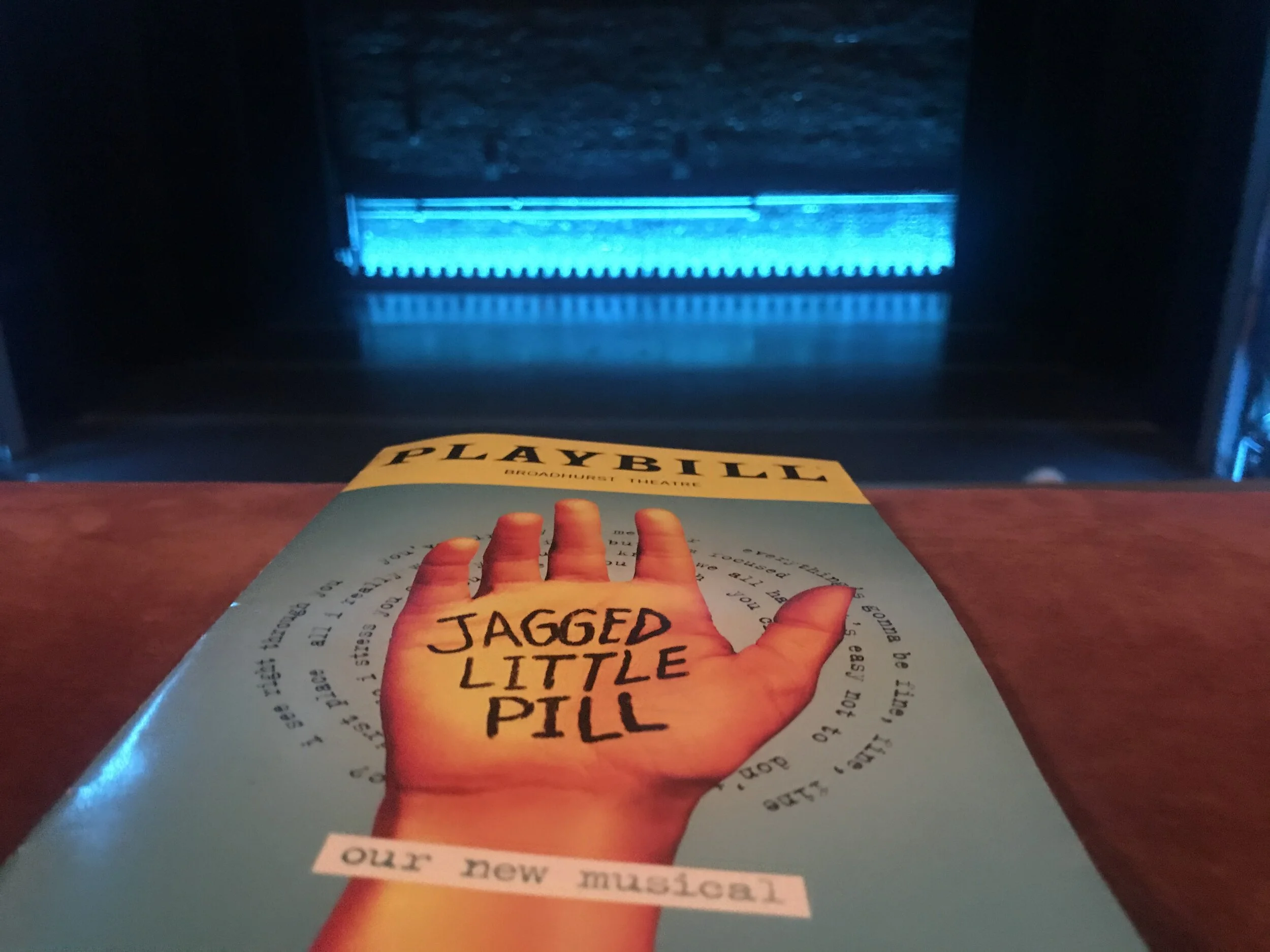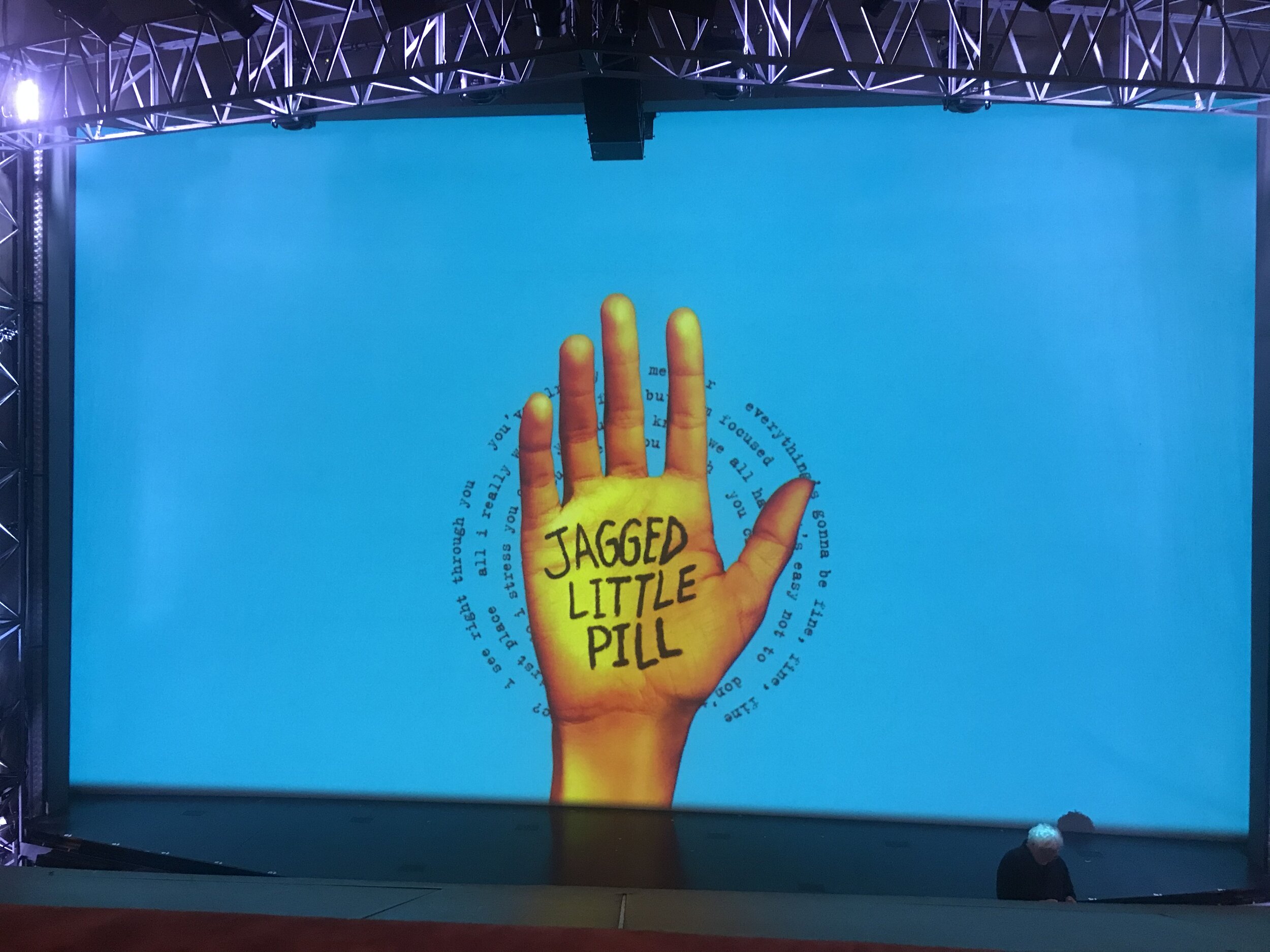I love good names.
Perhaps this is because my last name is Dicks.
Perhaps it’s because I had an uncle and great-uncle named Harry Dicks.
Perhaps it’s because my father’s name is Leslie Jean Dicks, but he goes by the name Les Dicks.
Surrounded by a series of challenging names, I am drawn to outstanding names.
I’m also violently repelled by names that have been intentionally changed. Folks who abandon their less-than-ideal names for something much better.
Vin Diesel, for example, was once Marc Sinclair.
Whoopi Goldberg was once Karyn Johnson.
Ice Cube was once O’Shea Jackson, which I think is a legitimately great name.
I don’t like any of this. Growing up, I knew a guy who changed his last name simply because he didn’t like his original last name.
I hated that guy.
He also shoved me down a flight of stairs, separating my shoulder (and caught on tape), leading to a lifetime of shoulder issues, but honestly, I hate him more for his name change than the assault.
This hatred, however, does not apply to all names changes. It all depends on the rationale.
Michael Keaton, for example, was once Michael Douglas, but knowing that there was already a Michael Douglas in Hollywood, he changed his name to avoid confusion.
Makes sense.
Tina Fey is really Elizabeth Stamatina Fey, but she uses a shortened version of her middle name, which is close enough to her real name for my standards. Similarly, Antonio Banderas is really José Antonio Banderas, but he uses his middle name as his first name.
Fine in my book.
Natalie Portman was once Natalie Hershlag, but in order to protect her privacy as a child actor, she adopted her grandmother’s maiden name.
This seems reasonable to me.
Jaime Foxx was once Eric Marlon Bishop. Early in his stand up career, he noticed that female comics were regularly getting stage time and he was not (since there were decidedly fewer female comics), so he changed his name to something gender non-specific (and adopted Foxx in honor of Red Fox) in order to hide his gender. Suddenly clubs began booking him, thinking he was a woman. Once onstage, he proved his merit, and the rest is history.
I’m not in love with this name change, but I can live with it. Woman, of course, have been doing this for centuries. George Elliot was really Mary Ann Evans. The Brontë sisters, Charlotte, Emily and Anne, first published their works under the male pseudonyms of Currer, Ellis and Acton Bell. Joanne Rowling used the initials JK even though she had no middle name.
The K is invented.
All of this was done because sexist readers disregard the work of female writers.
I’m fine with all of these changes.
Children’s author Avi used this pen name because his parents castigated his decision to pursue a writing career, telling him he’d never make a dime in publishing.
When his first book was published, he didn’t want his parent’s surname to appear on the book, so he changed his name to the singular Avi.
Spite. The best reason to change your name.
One of my favorite examples of a name change is the Sheen- Estevez family. Martin and Charlie Sheen changed their name to something that they assumed was more palatable, but their son and brother Emilio dd not, and Emilio’s career was not harmed by the lack of a name change.
All three have enjoyed successful acting careers.
One point for Emilio.
Negative ten thousand points for Martin and Charlie.
I realize that this rejection of name changes is terribly judgmental on my part. People should be able to do whatever they would like with their names, but by the same token, I should be able to think poorly of whoever I want, too.
So I do. It’s likely born from my lifetime struggle and subsequent embrace of my name. It wasn’t easy growing up with the last name Dicks, but it taught me to punch hard and make fun of myself before someone else could.
I’m a lot tougher today because of my struggle.
Charlie Sheen? Vin Diesel?
Probably a couple of thin-skinned wimps.
For the record, my current favorite names for a man and woman are:
Armie Hammer, an actor whose full name is Armand Hammer but has been called Armie ever since he was a little boy.
Armie Hammer is a killer name.
On the woman’s side, it’s Picabo Street, the alpine skier.
Her name has a fascinating story. Picabo was born to hippie parents who decided to allow Picabo to choose her own name when she was old enough, so she spent the first two years of her life being called “Baby Girl” But when the family decided to travel to Central America, a passport and name was required, so her parents named her Picabo, which was the Native American name for the region in which they lived and the neighboring town.
When Picabo was four years-old, she was given the option to change her name, but she declined.
Thus Picabo Street, my favorite female name, was born.



